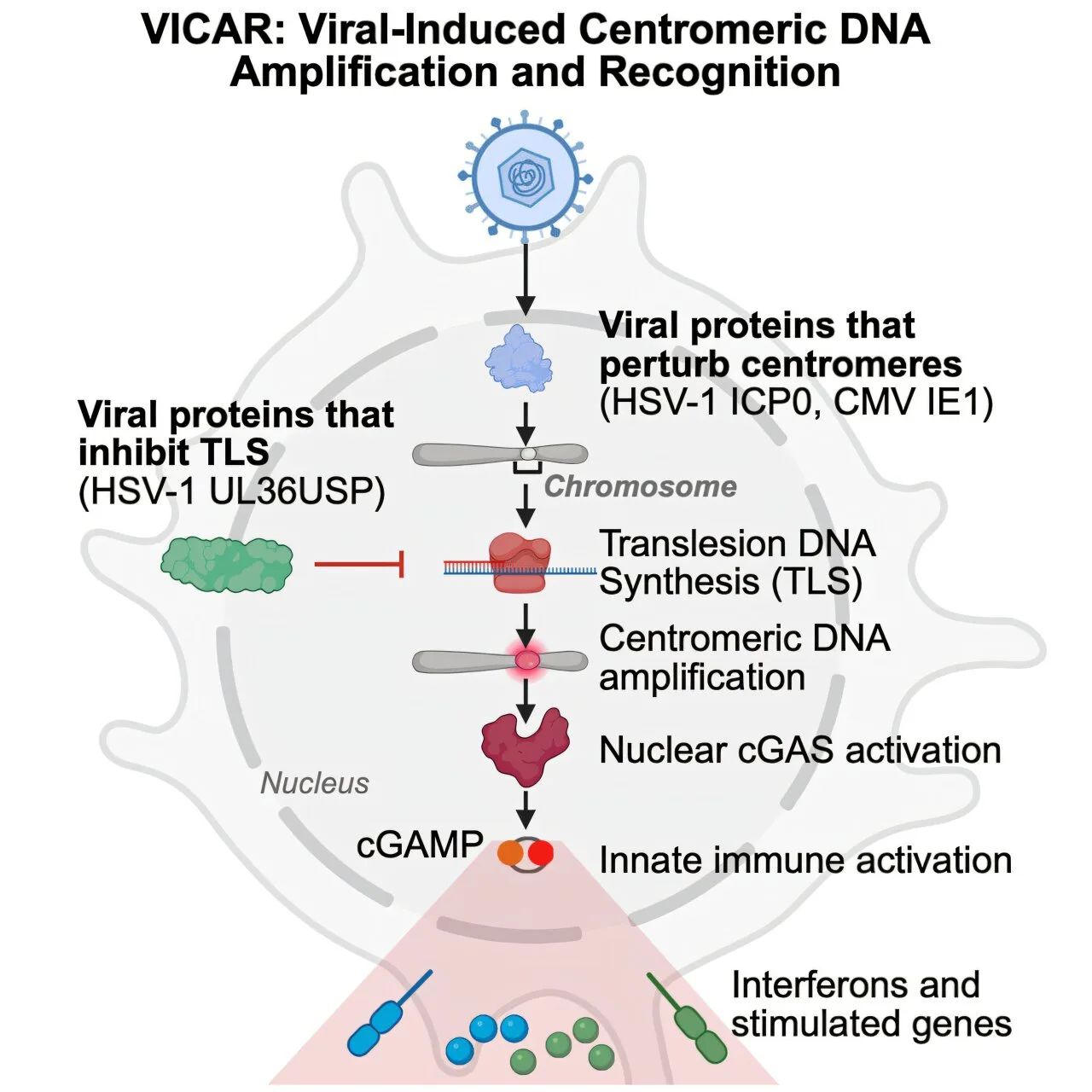Unlocking the Secrets of Immunotherapy: Boosting Your Body’s Fight Against Disease
Immunotherapy is a revolutionary approach used to treat certain cancers and chronic inflammatory diseases. It works by stimulating the patient’s own immune system, empowering it to identify and eliminate tumor cells. Scientists are continuously seeking new ways to enhance these therapies, focusing on understanding the underlying mechanisms that trigger a robust immune response. Let’s delve into what this means for the future of medicine.
How Immunotherapy Works
At its core, immunotherapy aims to unleash the natural power of the immune system. Here’s a simple breakdown:
- Recognition: The therapy helps the immune system recognize cancer cells as threats.
- Activation: It then activates the immune cells, such as T cells, to target these threats.
- Destruction: Finally, the activated immune cells attack and destroy the tumor cells.
The Quest for Improvement
Researchers are dedicated to making immunotherapy even more effective. Their efforts involve:
- Identifying Key Triggers: Pinpointing the specific mechanisms that initiate a strong immune response.
- Fine-Tuning Therapies: Adjusting treatment strategies to maximize the immune system’s response.
- Personalized Approaches: Tailoring therapies to individual patients for better outcomes.
The Future of Immunotherapy
As research progresses, the potential of immunotherapy continues to expand. We can anticipate:
- More effective treatments for a wider range of cancers and chronic diseases.
- Fewer side effects as therapies become more targeted.
- Improved quality of life for patients undergoing treatment.
Final Words
Immunotherapy stands as a beacon of hope in modern medicine, offering new possibilities for treating complex diseases. Ongoing research promises even greater advancements, bringing us closer to a future where the body’s own defenses can conquer cancer and other challenging conditions.



+ There are no comments
Add yours